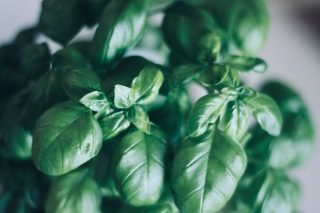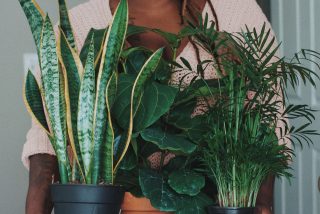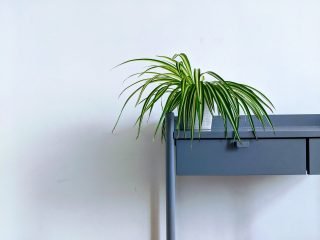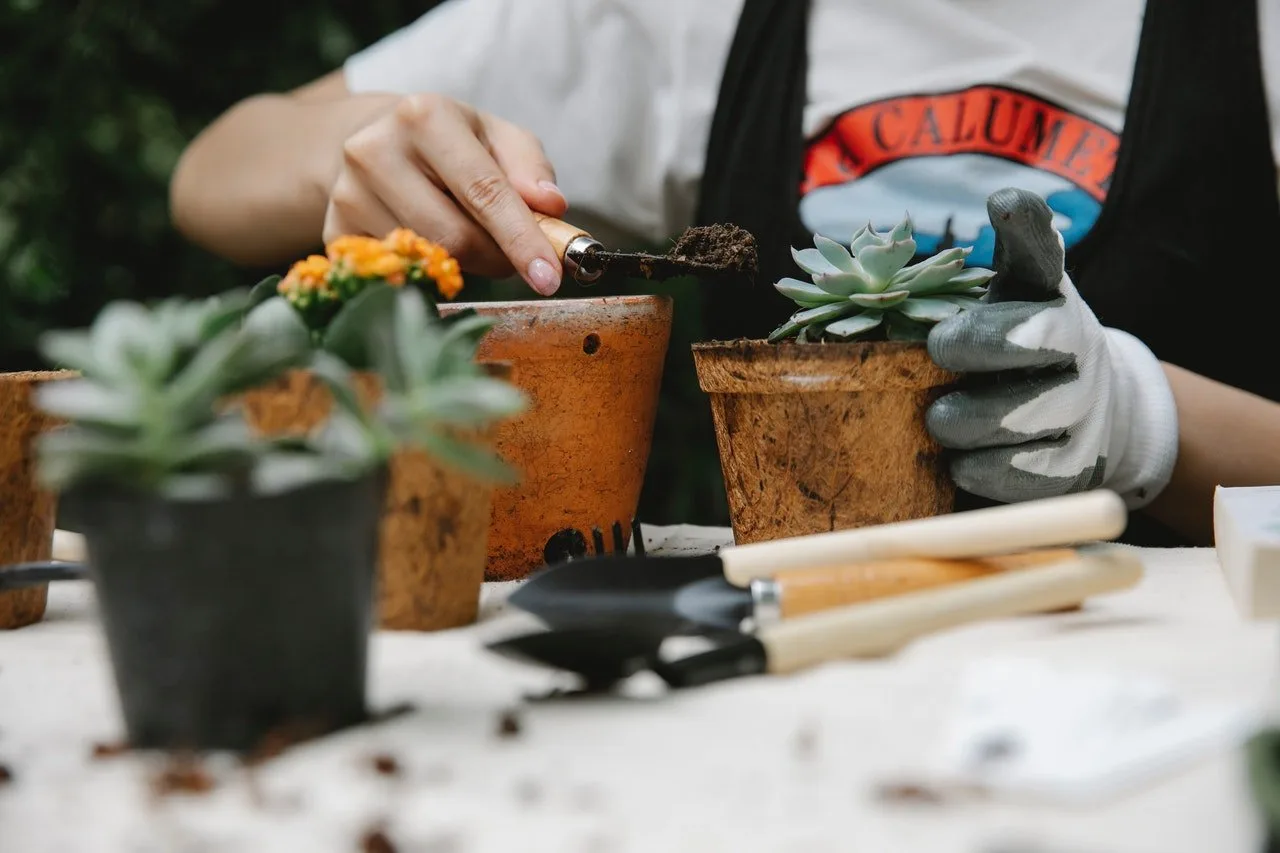Ever since the pandemic came, a lot of people are now stuck indoors. With that said, staying indoors for extended periods can be bad for your health. To help aid that, a lot of people have taken up new hobbies.
Planting has become one of the favorite hobbies of many people. Not only does planting give you exercise and mental fortitude, but you also get to enjoy the benefits of the actual plants you grow indoors. It’s a win-win situation for you. Here are some of the best, beneficial plants you can grow indoors:
The Best Plants To Grow Indoors
Herbs for you
When it comes to herbs, there isn’t really one “best” to plant indoors. All edible herbs if they’re easy to grow and don’t take up too much space, then go for it. With that said, here are some healthy herbs you can grow at home.
Basil
This kitchen favorite is a herb that you’ll find in almost any kitchen. It’s easy to grow, fragrant, and can make your food taste a lot better.

Photo by Tone Høines on Unsplash
Pasta, fish, and some meat dishes benefit a lot from basil. Aside from taste, basil can also lower blood pressure. It also has Magnesium which can help improve blood flow and strengthen muscles.
Rosemary
Another favorite, rosemary is perfect for steaks. Its earthy aroma can help arouse your appetite for a steak. Rosemary has a lot of health benefits. If you want a little help with concentration and memory, then add rosemary to your dishes. It also has antioxidants that help improve your immune system.
Thyme
Mostly used in lamb, fish, and chicken dishes, thyme is also good to use with vegetables. Thyme can easily be grown in small pots inside your kitchen. As with every kitchen herb, you can just get a couple of leaves from it and use them on your dishes. Thyme is rich in vitamin C and is very effective at helping you with a cough or a sore throat.
Houseplants to love
Asparagus Fern
An asparagus fern is known as a bushy, green-colored, twining vine that is attractive and capable of growing until 10-20′ long. The plant features feathery flattened colored green stems. Not to mention, they grow tiny white-colored flowers as well as produce deep purple-colored berries making them very eye-catching.
Placing them in the right location and regular watering allows them to have good foliage growth. If the green foliage of asparagus fern suddenly appears like its color is changing to brown, this is an indication that it needs to be watered. In some countries, people often use the roots of the plant for decoction as a diuretic.
Snake Plant

Photo by Jazmin Quaynor on Unsplash
If you’re a forgetful gardener, then this one is perfect for you! They’re one of the best plants to be used as decoration since they are very low maintenance and do not require attention to grow beautifully. What makes it very attractive is its upright foliage that somehow looks like it’s artificial.
A lot of people love having the snake plant indoors. Snake plants are known to detoxify certain toxins from the environment. Keeping them indoors helps filter out benzene, formaldehyde, toluene, and a lot more.
Aloe Vera
Aloe vera is a succulent plant, and they grow best in tropical climates. It is known to withstand infrequent watering and keep it happy, and it needs to receive sunlight at least six hours a day.
Besides its beautiful appearance, what made lots of people talk about it is its numerous benefits. They are known to be filled with antioxidants and vitamins that could help in wound healing and skin protection. They also help cure skin problems like sunburn and are proven to help prevent wrinkles.
Additionally, aloe vera helps with hair growth and scalp care. A lot of people who have trouble growing healthy hair often mash the goo inside the aloe vera leaves and apply them rigorously on their scalp. In other countries, people have been known to eat the goo as a means of rehydration in survival situations.
Spider Plant
Spider plants are given this term because they have spider-like offshoots located at their stems’ ends, not because they love spiders. Also, they are widely known as effective in cleaning the air indoors. Additionally, this plant can absorb different chemicals such as benzene, formaldehyde, carbon monoxide, and xylene.

Photo by Lucian Alexe on Unsplash
Some of the most famous varieties of this plant have long grassy-looking leaves with white stripes, and their thick roots allow it to survive rare watering. Spider plants are also well-loved as they are known for their detoxification capabilities. Spider plants are excellent at filtering out harmful carbon monoxide gases indoors.
Takeaway
Beautifying your home could be as easy as starting a new hobby of planting. It could even be a new way for you to stretch and exercise your body. Aside from the benefits of planting indoors, you can get health benefits from the plant itself. With healthy herbs such as thyme, basil, and rosemary, your food not only tastes good but becomes healthy as well.
Thankfully, the health benefits don’t only end with ingesting a plant. Snake plants and spider plants are known to eliminate harmful gasses. With that said, always take care of your plants, and they’ll reward you with a lot of benefits.



![women [longevity live]](https://longevitylive.com/wp-content/uploads/2020/01/photo-of-women-walking-down-the-street-1116984-100x100.jpg)










